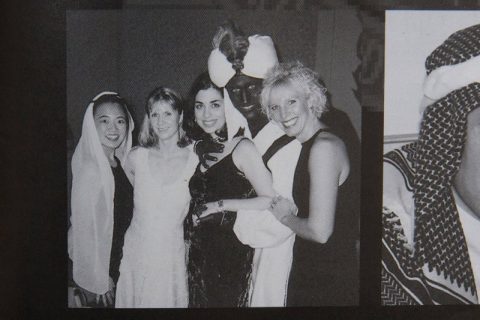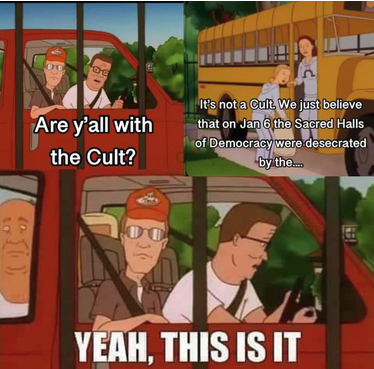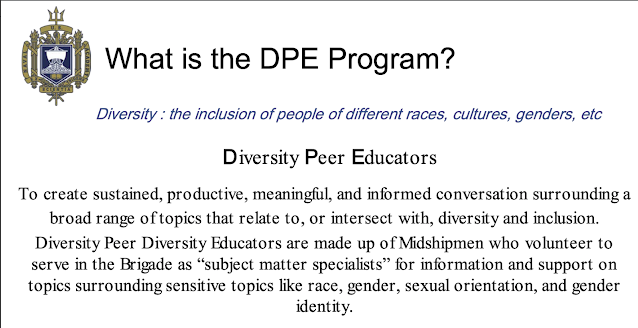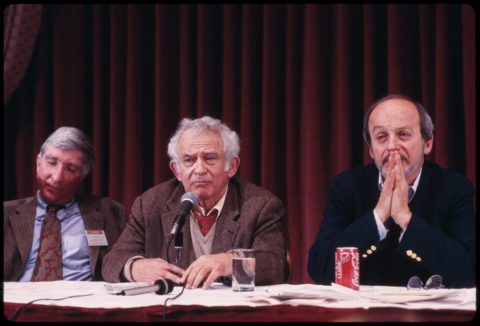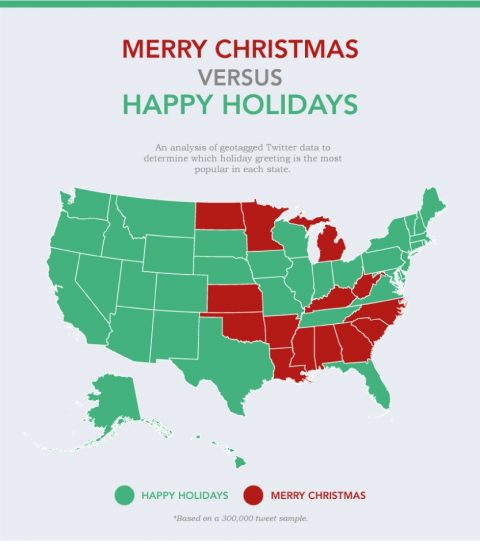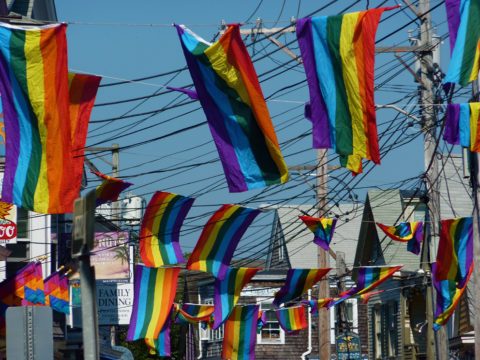At According to Hoyt, Sarah considers the Overton Window:
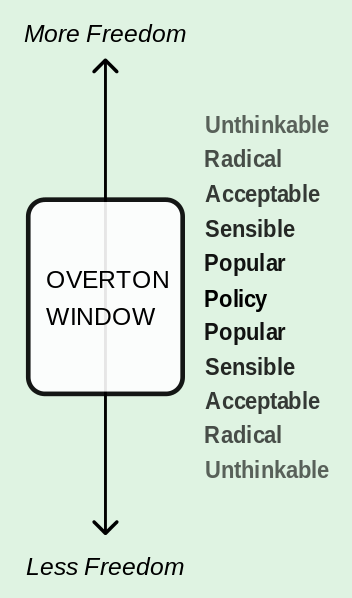
Diagram of the “Overton Window”, based on a concept promoted by Joseph P. Overton (1960–2003), former director of the Mackinac Center for Public Policy. The term “Overton Window” was coined by colleagues of Joe Overton after his death. In the political theory of the Overton Window, new ideas fall into a range of acceptability to the public, at the edges of which an elected official risks being voted out of office.
Illustration by Hydrargyrum via Wikimedia Commons
The Overton window is not natural to human society. It is the product of the mass-information-media-entertainment era.
No?
Sure, in some villages, or some other places, there are things you can’t see/say. That is usually because someone in that society, be it a village or a nation, is going to get under your nose for saying it. (At one point, you could get arrested in Portugal for shouting “Portugal is a sh*tty country!”)
Having “Unsayable” and “Unthinkable” and “if you say that in public you’ll be shunned” is always a sign of an oppressive society, whether the punishments are physical or mental, beatings or mere shunning.
Having beliefs that are beyond the pale — in fact, the existence of the pale — are a sign of an unhealthy society, one in which a truth is being enforced that is different from reality.
No? Fight me.
Look, yeah, sure, there are things people in all eras didn’t discuss in certain company due to manners or delicacy. One didn’t discuss sexual acts in front of children, not equipped to understand them, in most of the west since the onset of Christianity. One didn’t say certain things in front of elders either. “Gentlemen don’t discuss politics or coitus”. But that was a matter of — in a small gathering, or a confined society — keeping the social gears lubricated, and keeping disagreements at bay. What “couldn’t be said” varied.
However, the Overton window is something else. It is “you can’t report certain things, even if they are true, at the risk of becoming a social pariah”.
It avoids discussions of really important things, like how our kids are being sodomized by public education. Or how welfare really doesn’t contribute to the welfare of anyone. Or how Child Protective Systems is a money-laundering scam, in which kids die. Or how our government-funded science has become all government and almost no science. Etc.
It encourages rape rings like Rotherham, and has most of the black population of the US believe they are more at risk of police shootings than whites, which is plainly not true, but can’t be said, because the media has deemed saying so is “racist” (Somehow.) So people live in fear, rather than knowing they’re not at higher risk than anyone else.
And while speaking of risk, the media, and its control of information and encouragement of shunning dissenters, has led to fear of a “slightly more dangerous” flu, and led to elderly people living their last years in isolation and terror, and also led to our kids being isolated into loss of social function.
Furthermore, the only way to keep the Overton window over a whole country is to enforce strict control over the media, and even social media, and to ruthlessly crush down dissenters, so that everyone appears to agree, leading to shock-rejection of those who manage to break through the wall of government-encouraged-enforced lying.
A wall that they try to keep even when the lies are patently absurd and harmful. (Like the idea anyone who dislikes the Biden reign of terror is a terrorist or insurgent, or for that matter racist.)
The Overton window can suck what I don’t have.

